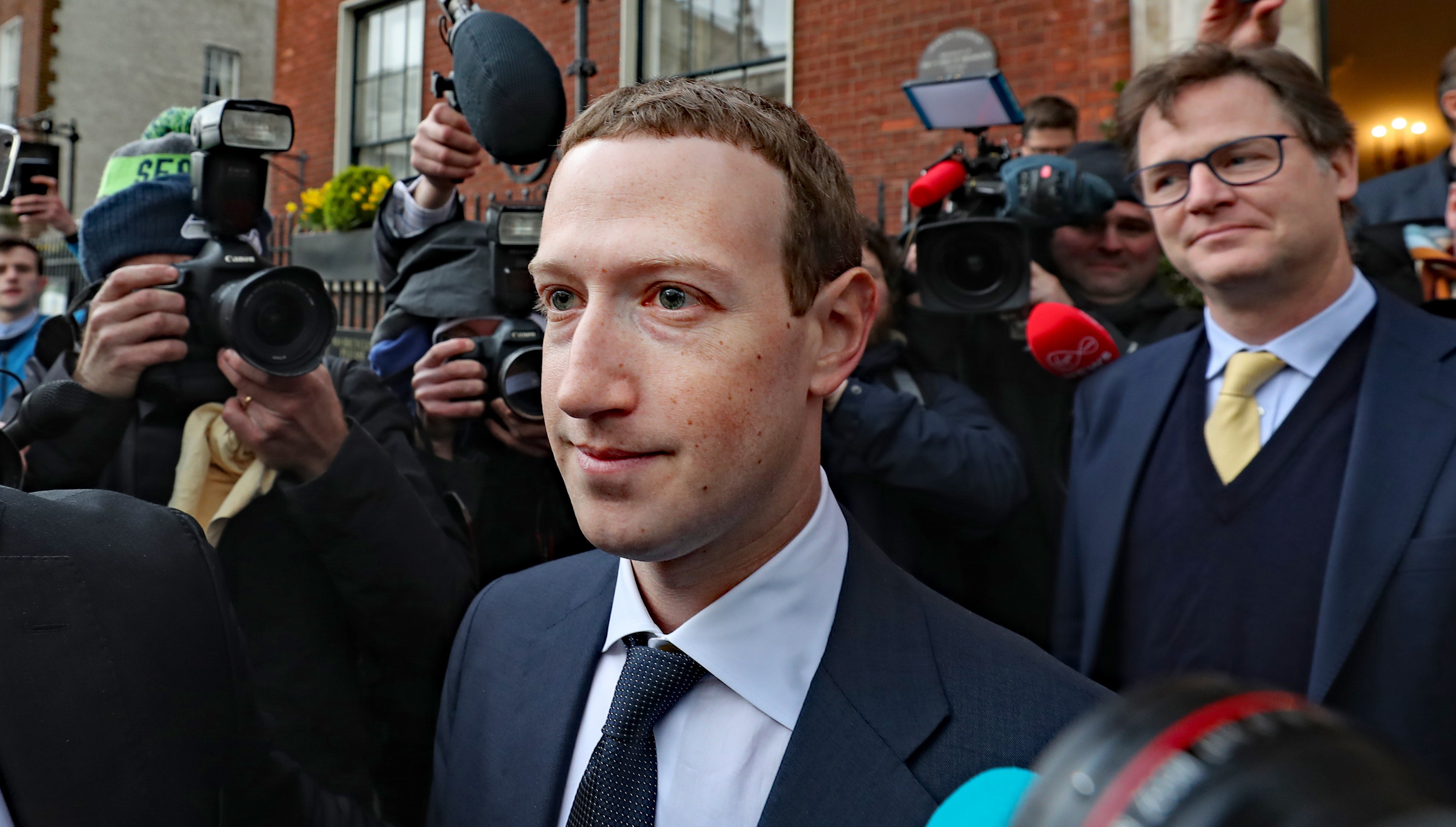Meta is taking its dying breaths – but Facebook’s media legacy will live on, like it or not
This one, opaque company headed up by a weird young billionaire wielded more power than any of the old media barons put together, writes Dave Maclean


Meta is starting to look like one of those middle-aged divorced guys wearing a shiny leather jacket and driving a second-hand sports car. It’s trying to signal to the world that it’s still got it, but no one’s buying it.
The company’s Instagram app now has a candid photo challenge that looks suspiciously like hot Gen Z app BeReal; which comes shortly after IG prioritized Reels, which look suspiciously like TikTok.
Meanwhile, Facebook has faded in favor of Mark Zuckerberg’s VR moonshot, but even that looked unimpressive in the CEO’s promo post.
But while Facebook hasn’t been a must-click for people under 35 for about a decade, it’s been shaping the news industry throughout. Its firehose of traffic has been aimed at news organizations for years, allowing its algorithms – tweaked at the whims of Silicon Valley tech guys – to shape the news agenda.
Recently, it’s backed off from news, showing fewer posts from mainstream publications in its feed. And while its death rattle will continue to make headlines, hopefully the company’s fading will mean a better future for news: more direct relationships with readers, fewer news echo chambers, and more thoughtful news coverage that prioritises understanding over polarisation.
Provided Facebook doesn’t backtrack on its exit from news, it could be mere months before journalism looks back on the Facebook news era as a bizarre anomaly. This one, opaque company headed up by a weird young billionaire wielded more power than any of the old-media barons put together. Facebook wanted video? It got video-led stories. Facebook wanted emotional responses? It got emotion-driven stories. And so on.
It was the digital equivalent of a major newsagent chain making decisions on newspaper placement based on the day’s newspaper content.
And even though the company appears to be backing away from delivering news, it still has immense power to make it. This week, the big news on Indy100 was the erasure of controversial, sexist influencer Andrew Tate from the internet. He was eventually scrubbed from TikTok and YouTube, but it was Meta that got the ball rolling by banning him from Facebook and Instagram.
It’s a reminder of the clout of the brand – and its ability to leave everyone unhappy with its decisions. Those who support the ban are unhappy that he was allowed to build such a huge profile in the first place, and those who disagree with the band say that social media shouldn’t be in the business of moderating free speech.
Even Meta’s screw-ups can dominate the news agenda. A glitch that posted random posts in people’s feeds on Wednesday got immense news coverage after baffled Facebook users tried to figure out what was going on.
Unless Zuckerberg’s VR Metaverse surprises everyone and turns out to be a runaway success, we’re probably seeing the sunset of Facebook’s suite of data-mining products – but the long shadow of Facebook will be with the news industry for a while to come.
Yours,
Dave Maclean
Indy100 editor






Join our commenting forum
Join thought-provoking conversations, follow other Independent readers and see their replies
Comments